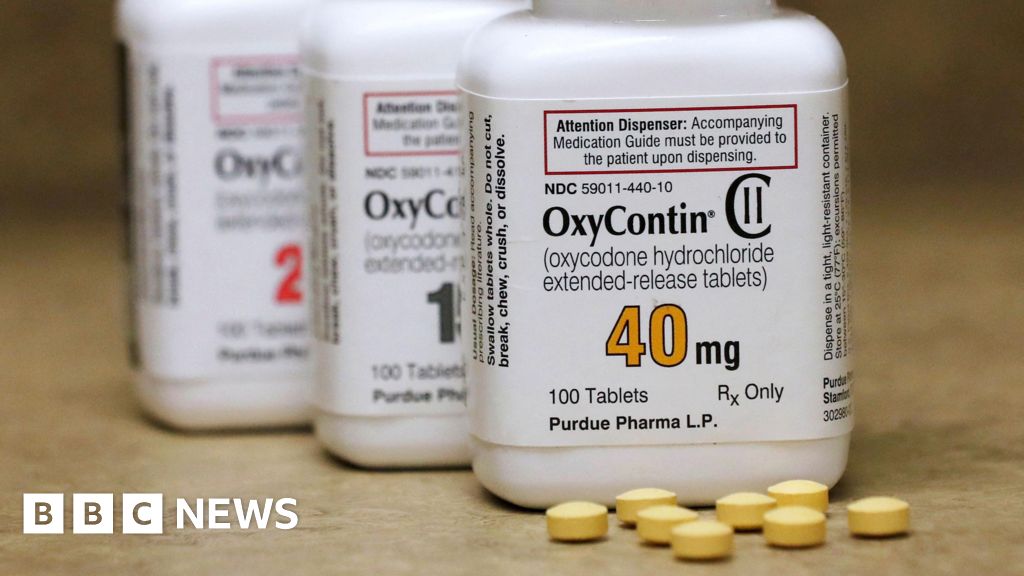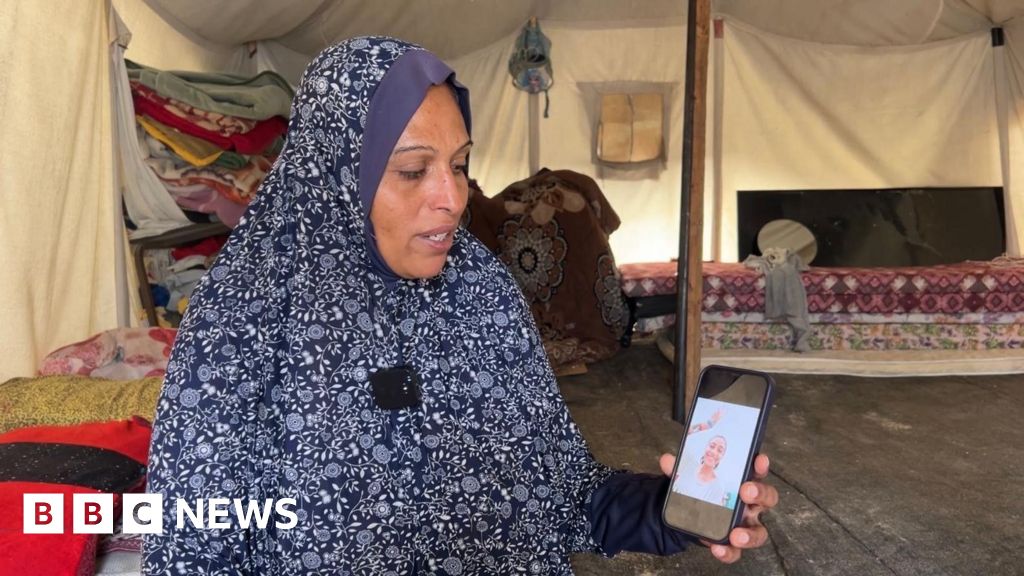ARTICLE AD BOX
By Ben Tobias
BBC News
Watch: 1998 BBC report on Gorbachev Pizza Hut advert
A man and a child walk through an almost empty Red Square in Moscow, umbrella in hand, snow on the ground. It looks extremely cold - a good day to be inside eating lunch with your family.
As dramatic music plays, the advert cuts to close-up shots of the pair - a troubled-looking man in a black overcoat and cap, and his smiling granddaughter.
Within seconds they reach their destination: a Pizza Hut restaurant located directly in Red Square - the central plaza where so much of Soviet and Russian history is reflected.
But why, 24 years on, is this advert being shared as an era-defining artefact?
Because the man in the black overcoat - the man, in effect, selling American pizza - is Mikhail Gorbachev, the last leader of the Soviet Union.
Image source, Pizza Hut
Image caption,The advert begins in a cold-looking Red Square, which was closed off for the shoot
Gorbachev himself was unsure about whether or not he should do the advert - with his wife, Raisa, even more uncomfortable with the idea.
On the one hand, he needed the money and a hefty fee was on offer. He is said to have used it to fund the Gorbachev Foundation - a think tank which he founded.
On the other hand, appearing in an advert for a huge American corporation was sure to further damage his already poor reputation inside Russia.
"It was on, then it was off, it was on, then it was off," Katie Bistrian - an American who represented Gorbachev in negotiations - tells the BBC.
"Either [the uncertainty] was the way Russians negotiated - or it really was a sign of the turmoil of whether it was right for him or not."
Eventually, Gorbachev agreed - though with conditions. He would not be filmed eating pizza (that was left to his granddaughter), and he would have final sign-off on the script.
And, says Ms Bistrian, he would only wear his own hat, despite the fact that a body-double had already been filmed wearing a different one.
"He puts on his own hat and says 'how does this hat look on me?' I said 'oh it looks lovely'. He said 'exactly, I'll wear this hat!"
Image source, Pizza Hut
Image caption,At the end of the advert, Gorbachev smiles and waves at the crowd as they chant his name
The advert - filmed in 1997, and released the following year - neatly reflects the complexities of Russian society a few years after the fall of the Soviet Union.
"[If you are] trying to contextualise Moscow of the 1990s - [the advert] is a one minute lesson," Dr Yuval Weber, a Russia expert who uses the advert as a teaching tool, tells the BBC.
The American pizza chain's presence in Moscow - the first branch opened in 1990 - was a symbol of the growing economic ties between the West and Russia.
But, as becomes clear in the advert, the reforms which Gorbachev began were not universally popular.
His leadership saw an opening up of the Soviet economy and brought a degree of democracy to the autocratic country. But he was unable to prevent the union's slow collapse, and many Russians blame him for the years of economic and social turmoil that followed.
In the advert, a middle-aged man (played by Richard Marner, whose roles include Colonel Kurt von Strohm in the British sitcom 'Allo 'Allo) notices the former leader and exclaims: "It's Gorbachev!" before complaining: "Because of him, we have economic confusion."
But a younger man replies: "Because of him, we have opportunity!" - suggesting a generation more open to the economic liberalisation of the 1990s.
The conversation continues: "instability", "freedom", "chaos", and "hope", all offered as examples of what Gorbachev brought to Russia.
For Dr Weber, who works at the Bush School of Government at Texas A&M University, the dialogue reflects the realities of Russian society at the time.
"You have the middle-aged guy - clearly things didn't work out for him in the last 10 years or so... He talks about instability - the larger sense is that what Gorbachev represents is the absence of stability," he says.
"At the same time we have the younger guy - he's young enough and agile enough to take advantage of whatever opportunities came from the transition of one economic system to another."
The disagreement between the two men is halted with an interjection from an elderly woman - perhaps the grandmother - who has her own reason to thank Gorbachev.
"Thanks to him, we have... Pizza Hut," she says.
No-one can argue with that, and after a second's thought the middle-aged man, previously unhappy with Russia's economic chaos, stands up, raises his pizza slice in the air and exclaims: "Hail to Gorbachev!"
It is quite a turnaround. Soon, the whole restaurant joins in. Gorbachev smiles and waves while his granddaughter rubs her hands.
Using Gorbachev as a source of conflict - and pizza as the unifier - was the idea of the advert's creators.
"We were looking for some way to use Gorbachev... as a source of controversy, and let the pizza bring people together. At least they could agree that he had brought them pizza, and that was a good thing," one of the writers, Tom Derbyshire, told the BBC.
Image source, Pizza Hut
Image caption,The family in the restaurant eventually get to their feet and chant Gorbachev's name
The advert was aired internationally but was never shown in Russia, where it was ridiculed by the press.
In the West, the film has gained a sort of cult status, reappearing every few years on social media as people rediscover the strange contradiction of the former Soviet leader selling American pizzas.
Gorbachev will be remembered in many ways - revered in the West for his part in ending the Cold War, but widely disliked in Russia for the economic and social turmoil brought about by the collapse of the Soviet Union. Almost 25 years on, this short film reflects both sides of that legacy.
And what happened to Pizza Hut in Russia? Nearly a quarter of a century after the advert was filmed, the brand pulled out of the country - a response to the invasion of Ukraine.

 2 years ago
21
2 years ago
21








 English (US) ·
English (US) ·